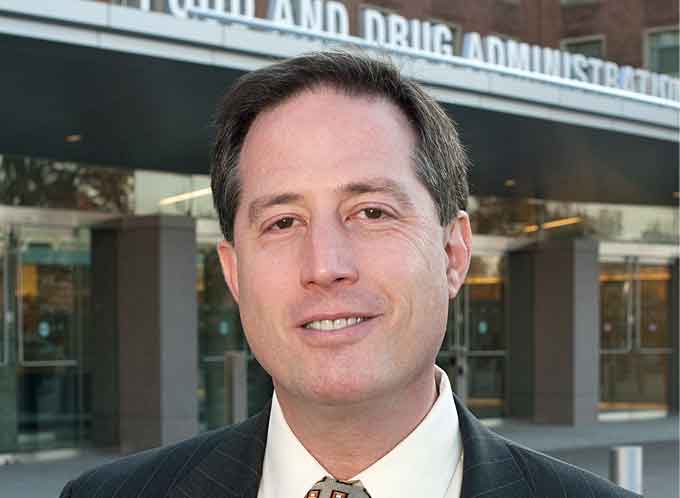A conversation at the frontier of digital health innovation, FDA regulations, and cognitive health

 Digital Therapeutics for MCI and Alzheimer’s disease: A Regulatory Perspective (The Journal of Prevention of Alzheimer’s Disease):
Digital Therapeutics for MCI and Alzheimer’s disease: A Regulatory Perspective (The Journal of Prevention of Alzheimer’s Disease):
–This article is adapted from a comprehensive conversation between Dr. Murali Doraiswamy and Dr. Jeffrey Shuren at the 2021 Clinical Trials on Alzheimer’s Disease (CTAD) conference in Boston. Dr. Shuren is a behavioral neurologist who has held a variety of leadership roles at the FDA and CMS, including as Director of the Center for Devices and Radiological Health (CDRH).
MD: The CDRH has a flagship Digital Health Center of Excellence. Can you tell us about it? And can you share your advice for how the Alzheimer’s field can help spur digital innovation?
JS: I’m very excited about the Center of Excellence, which we launched last fall. It is an opportunity to truly advance the work that we do in digital health, by bringing together in a virtual center our core experts that sit in our division of digital health with experts around CDRH who are participating in digital health — including in cybersecurity and related fields — all into one virtual entity for the purpose of better leveraging our expertise to drive greater innovation … One such approach, that we call “precertification,” is focused on accessing the capabilities of the developer and the extent to which we can leverage that understanding in our reviews, as opposed to just focusing on the technology, in order to expedite products coming to the marketplace, and then build in a post-market feedback loop that leverages real-world data collection, maybe even leveraging data collected by the technology itself. Today devices are playing an increasingly important part in data collection as a part of clinical evidence generation. This Center of Excellence is serving a critical role in that capacity. In fact, there are legislative proposals that, if Congress ultimately supports them, we could have a modern regulatory framework to support digital health technologies. And the Center of Excellence will be leading the charge.
MD: How can we spur digital health innovation?
JS: In terms of spurring innovation, one approach is to have a regulatory paradigm that’s better suited for these devices. Because if you set the bars in the right place, and we’re not talking about changing the US authorization standard of safety and effectiveness, but instead providing greater flexibility on how that standard is met and better tailored to the technology, this creates efficiencies, reduces unnecessary costs, and makes it more attractive to have innovative technology come to the U.S. And I’d love to see better reimbursement available, as well, because we know that will drive great technologies coming to the marketplace. And, of course, we’ll see what happens with our user fee negotiations if we get the funding to support this pilot to have greater interaction with developers of breakthrough devices, something we call “the total product life cycle advisory program,” or TAP for short. If we get TAP, we think we can advance these technologies and if Congress enacts a more modern regulatory framework, then, from an FDA standpoint, I’d say we are in fantastic shape. And if we can get payment policies to come into alignment, I think the U.S. would be incredibly attractive for innovative technology to be developed and available, and that includes in the Alzheimer’s space.
MD: That’s inspiring. You’ve taught us a lot. Thank you for your time.
The post A conversation at the frontier of digital health innovation, FDA regulations, and cognitive health appeared first on SharpBrains.
